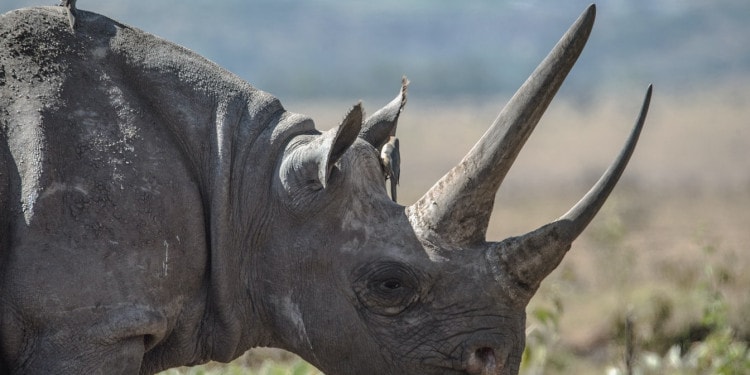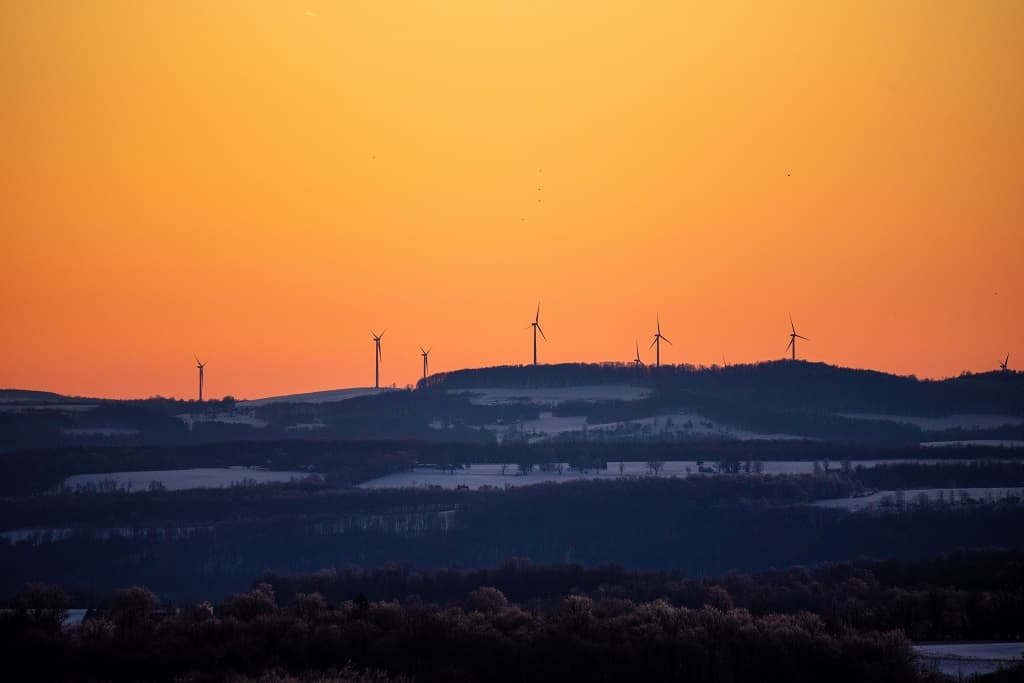The Wildlife Justice Commission says that a ban on the sale of wild animals in China is causing backlogs in smuggling networks of pangolin scales and ivory across Southeast Asia and warned that gangs and syndicates are adapting to tighter border controls amid the pandemic.
The WJC has reported stockpiles of ivory in Cambodia, Vietnam and Laos. In Vietnam, smugglers had access to 22 tonnes of pangolin scales.
The pangolin is one of the most trafficked animals on the planet, their scales desired for their medicinal qualities in many Asian countries. Several studies have suggested that the emergence of COVID-19 in China was from the virus passing to humans from pangolins, prompting authorities in Beijing to ban the trade and sale of wild animal products.
Sarah Stoner, WJC’s director of intelligence, says, “Brokers intend on returning their operations to previous levels as soon as possible. The stockpiling of huge quantities of wildlife products in many of the key countries concerned presents investigative opportunities for law enforcement.”
Tate, former Marine and the founder of VetPaw, a group of American military veterans who fight poachers in a remote private reserve in South Africa, says “poaching doesn’t stop just because there’s a virus- if anything, it picks up.”
Stoner echoes this view, saying that she expects high-value wildlife smuggling and poaching to rebound when COVID-19 restrictions are lifted.
A global lockdown has meant that authorities and resources are being diverted to law enforcement and medical aid to help those affected with the virus. This has left a pocket of opportunity for criminal syndicates to take advantage of the reduced surveillance of protected areas and park closures, leading to several seizures of illegal wild animal trades across Asia and Africa.
 In the photo: Poaching also threatens African elephants. Photo credit: Unsplash.
In the photo: Poaching also threatens African elephants. Photo credit: Unsplash.
 In the photo: Since 1960, the lion population in Africa has dropped 42%. Photo credit: Unsplash.
In the photo: Since 1960, the lion population in Africa has dropped 42%. Photo credit: Unsplash.
Further aggravating the issue is that people working in tourism are being laid off and national parks that provide wildlife with a safe haven are losing revenue. All three national parks in Rwanda have temporarily closed, along with Virunga National Park in the Democratic Republic of Congo and the Kruger National Park in South Africa.
As the virus harms African economies and raises unemployment levels, people may become desperate for income, turning to poaching to make a living
Poaching threatens to send black and white rhinos, elephants and other African wildlife into extinction over the next few decades. Since 1960, the black rhino population has dropped 97.6%. In the last 21 years, the lion population has dropped 42%, according to the World Wildlife Fund. At least 35 000 African elephants are killed each year.
Editor’s Note: The opinions expressed here by Impakter.com columnists are their own, not those of Impakter.com. Photo Credit: Earth.Org.








